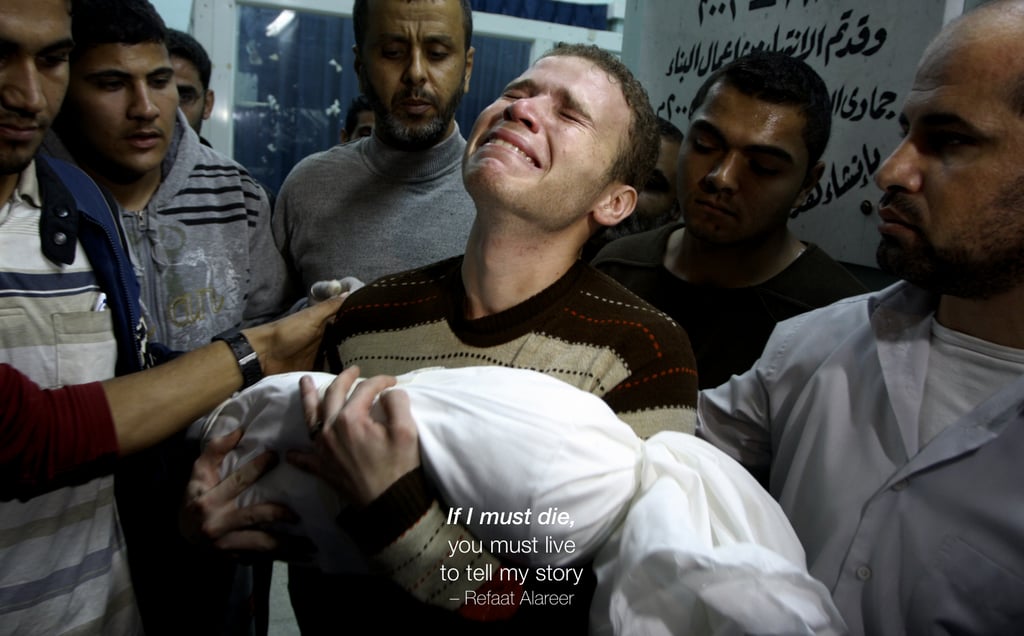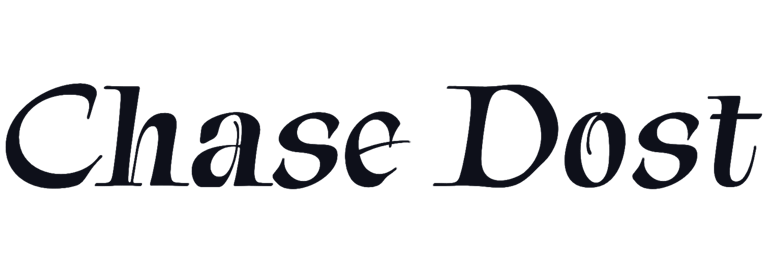

If I must die,
you must live
to tell my story
to sell my things
to buy a piece of cloth
and some strings,
(make it white with a long tail)
so that a child, somewhere in Gaza
while looking heaven in the eye
awaiting his dad who left in a blaze–
and bid no one farewell
not even to his flesh
not even to himself–
sees the kite, my kite you made, flying up above
and thinks for a moment an angel is there
bringing back love
If I must die
let it bring hope
let it be a tale
Refaat Alareer, martyred in December 2023
In the world of pastoral counseling, there are different models of what helping people looks like: the courageous shepherd, the self-differentiated Samaritan, the intimate stranger. The midwife. The gardener. The agent of hope. When I studied pastoral counseling––when I did my unit of CPE––I was the ascetic witness.
According to theologian James E. Dittes, ascetic witnessing requires disciplined self-renunciation, unconditional regard for your counselee, and the courage to face and share the depth of their suffering. There are no egos here; your job is not to fix their pain (you can't, anyway). You are there to give them your undivided attention, to affirm their experiences and validate their emotions, and to listen for what might be just beneath the surface––the things the counselee is avoiding, what they leave unsaid. It can be a mirror. It's a message of empathy and recognition: you are not alone in your pain, and how you feel, what you have experienced, matters.
That was a meaningful model of pastoral care for me. That was the approach that felt authentic.
Today is October 7, 2025. For two years, Israel has been conducting an extermination campaign against the people of Gaza. For two years, Israel has been committing a genocide in my name, in the name of all Jews. For two years, the world has watched atrocity pile on atrocity from our screens. What good does witnessing do?
I'm good at witnessing, whether it does good or not. As far back as I can remember, I've cared about making the world a better place. In second grade, I squirreled Gd only knows how much spare change into empty (rinsed) milk cartons from school to save the rainforest (Gd also only knows what Modo did with said change when my stash was discovered). I was watching Derry Girls with Ellie the other day and was reminded that I, like Clare, also once voluntarily fasted to raise awareness at school about a famine in the Horn of Africa (I made a t-shirt and everything––I wanted to get the facts out, back in 2011 or so when facts still seemed to matter).
My point is, empathizing with the suffering or persecution of a group of people has always come naturally to me. Jewish ethics felt wholly compatible with that when I converted. The Torah is full of commandments to care for the stranger in your midst, the widow and orphan, those most vulnerable. American Judaism celebrates its participation in the Civil Rights Movement. Never Again goes the saying––except there were always two interpretations of that promise. Never again will we allow what happened to us to happen to anyone anywhere ever again…or never again for us alone. I always knew Israel the state had followed the latter, but I clearly hoped that when push came to shove––if their crimes against Palestine ever became this egregious, as if we could have even imagined this two years ago––I wanted to believe Israel the people (that is, Judaism as a whole) would abandon Zionism. We (or at least most of us) would finally recognize together that this was always an idolatrous, lethal ideology. The process of deradicalization would begin. Peace could actually be possible.
I think it was December 2023 when I first called what Israel was doing a genocide. Jewish Currents called it by October 10th, I believe, which is also when Hamas offered to return all of the hostages in exchange for the bombing to stop (which Israel hid from the world until January 2025), but I was scared in the initial aftermath. I didn't see hostage posters as propaganda. Hamas wasn't the resistance fighting an oppressive power, even if it is always terrorism to intentionally target civilians; they were just terrorists, period. I believed leaders would intervene and prevent the utter annihilation of Gaza.
Even if the Israeli government was horrible, I knew many Israelis despised it, evidenced by the protests that had rocked the nation for months before October 7th. That was before polls and street interviews revealed that indeed, the utter annihilation of Gaza is precisely what the majority of Israelis want, what they firmly believe every child there deserves, because of who they might be, one day. We're too afraid of what a generation could grow into, we don't stop to recognize what we've become ourselves. The Israeli psyche is deeply damaged. Time and again, I've been struck by the cruelty of Zionist rhetoric, the hatred, the determination to not learn or see Palestinians as full people made in the image of Gd just like us. Zionism is a rot.
In 1980, James Baldwin wrote for The Nation, "The children are always ours, every single one of them, all over the globe; and I am beginning to suspect that whoever is incapable of recognizing this may be incapable of morality." I know that's true now. I have seen too many dead children.
I can't unsee the boy with his skull cracked open, eyes blank and unseeing as his father carries him through a cloud of dust, wailing. I wonder what it would feel like to inhale hot ashes––if scorching your throat would be a welcome pain from the grief of losing your child, this precious person in which you've imbued all your hopes for the future––or if it would be a cruel reminder that you're still tied to this hell, this life even when it feels like your whole world is dead in your arms. I can't unhear Hind's five-year-old voice––her fear, her innocence, her desperation to be rescued until the IDF fired 335 bullets into the car where she spent the last tortuous hours of her life surrounded by her dead relatives. My nephew is her age. I have seen people burn alive in tents, I have seen skeletal infants, I have seen parents collect their blown-apart children into plastic bags. Mass graves, bombed-out cafes, starving people gunned down for daring to be in the place they were told to come to for food.
Greta Thunberg said she wasn't afraid of Israel; she was afraid of a world that would allow this to happen, a world that looks away, a world that doesn't care. International law is all but dead. Wasn't this the test case? Finally, a nation backed by the West was doing a genocide––would the West stop them? We have failed the people of Gaza. We have betrayed our own humanity. As collapse accelerates, what we'll need more than anything will be to work together. But we've had two full years to stop the slaughter of a captive population––if a rogue, genocidal state can't unite us, then more nebulous forces like climate breakdown certainly won't. We're fucked.
Surviving a genocide does not give you license to perpetrate another. It can't mean that. I want to scream and pull my hair out or set myself on fire to make the world wake up, but I can't. If Aaron Bushnell didn't move enough people, then my self-immolation certainly wouldn't. I don't want to live in a world that allows this to happen. I feel the harm of witnessing, the weight on my soul, the cost. But I can't look away.
I read this today in Jewish Currents, from Sarah Aziza:
Perhaps the fundamental work of witness is the act of faith—an ethical and imaginative leap beyond what we can see. It is a sober reverence of, and a commitment to fight for, the always-unknowable other. This commitment does not require constant stoking by grisly, tragic reports. Rather than a feeling, witness is a position. It insists on embodiment, on sacrifice, mourning and resisting what is seen. The world after genocide must not, cannot, be the same. The witness is the one who holds the line of reality, identifying and refusing the lie of normalcy. Broken by what we see, we become rupture incarnate.
Or, much better expressed in the words of my cousin, the pharmacist:
I continue to insist, we have not gotten used to bombing and we are afraid of everything happening to us. We have not gotten used to the sight of suffering. No, it always breaks our hearts. We have not gotten used to the massacres perpetrated by the occupation. No. For every martyr, there was a life.
It would be enough, dayenu, it would be horrific and evil enough if this list of 18,457 children murdered by Israel was complete, but we know it isn't. Even today, more children will die. More futures will be extinguished forever. And there are far more under the rubble, crushed or gunned down in the streets, collapsed from hunger or blown apart in the refugee camps Israel said would be safe. We may not know the full count for years. And each one was a life. They existed and their lives mattered, and they deserve to be remembered.
